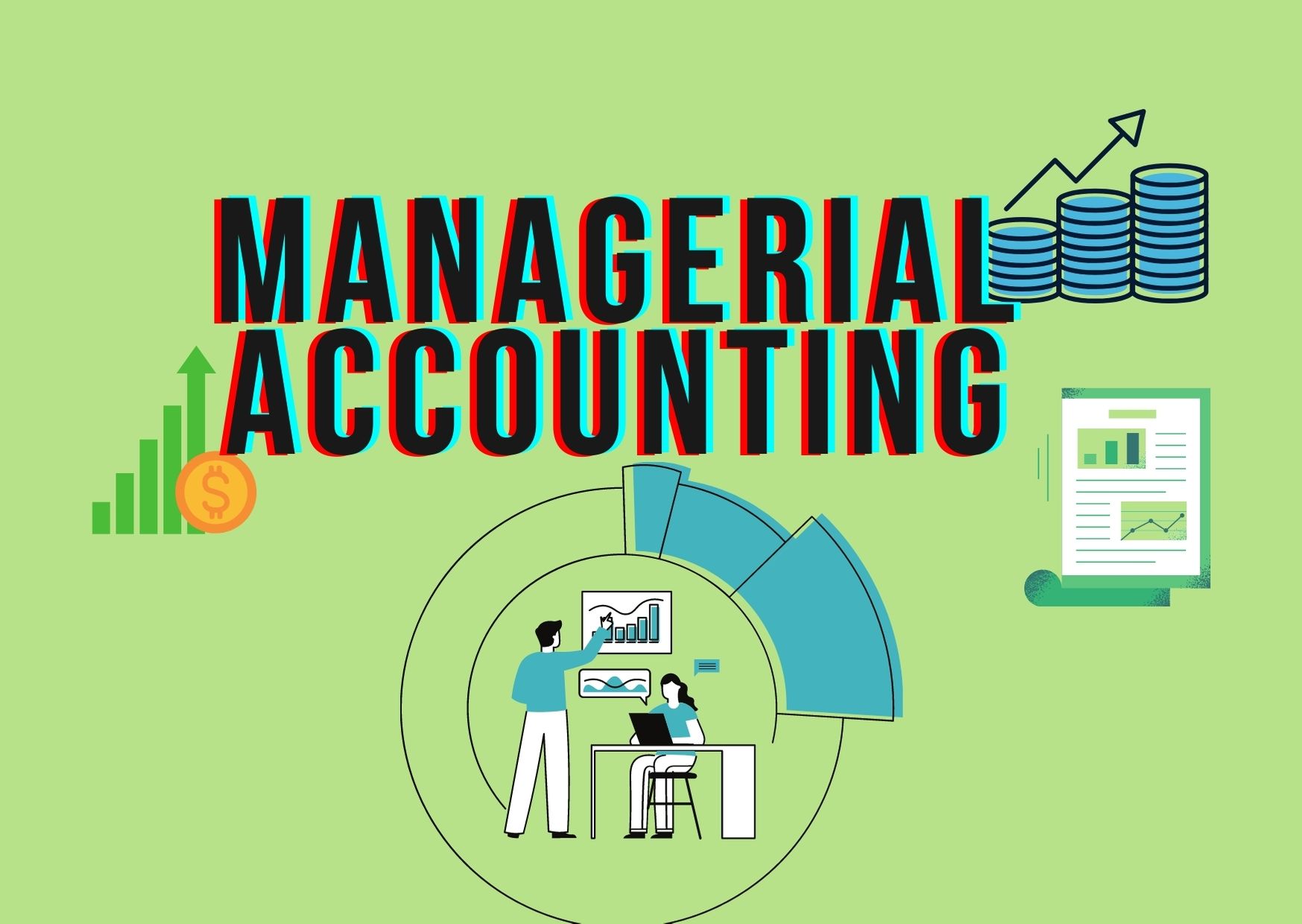- Teacher: VIDYA SAGAR JODU

- Teacher: PAVITRAMBIKA MANGARI
This course gives an introduction to database management systems, with an emphasis on how to organize, maintain and retrieve information from a RDBMS efficiently and effectively. The course help students to write queries using a standard query language called SQL.
- Teacher: K KRISHNA JYOTHI
- Teacher: APARNA VIJAYAN
COURSE DESCRIPTION: Managerial accounting is the field of accounting aimed at providing managers with financial information to help them make decisions and maintain effective control of their organizations. This course introduces the student to the internal accounting for business managers.
COURSE OBJECTIVE : Student will learn the business concepts and methods used to report Managerial performance information for making sound business decisions in managing the firm. Also, applying the financial perspective of accounting for costs.
COURSE OUTCOMES:
C0:1 Apply managerial accounting and its objectives in a way that demonstrates a clear understanding of ethical responsibilities;
CO2: Analyze cost-volume-profit techniques to determine optimal managerial decisions;
CO3: Perform cost variance analysis and demonstrate the use of standard costs in flexible;
CO4: Identify the guidelines for selecting the most profitable set of products or services;
CO5: Prepare a master budget and demonstrate an understanding of the relationship between the components;
CO6: Identify relevant cost in decision making.

- Teacher: PRIYANKA S
Course Objective: The objective of the is to equip students with knowledge of regulations in insurance business
Course Summary: Regulation of Insurance Business covers insurance reforms in Life and Non-Life Insurance business. Various provisions related to Assignment, Nomination, Transfer, Dispute Resolution Mechanism known as Ombudsman and International Investment Trends in Insurance Regulation. This SEC (Skill Enhancement Course) course has (40 + 10) 50 Marks weight, out of which 40 Marks External Exam and 10 Marks for Internal Assessment.
Course Outcomes:
CO1: Students understand Insurance structure in India with its history of Life and Non Life Insurance.
CO2: Students apprehend the types of insurances and various reforms of Life and Non Life Insurance.
CO3: Students comprehend the key role of IRDA as a regulatory body in Insurance business
CO4: Students identify the process of nomination, transfer, repudiation, fraud and protection.
CO5: Students grasp grievance handling mechanism and international trends of Insurance.
CO6: Students get insight of Role and development of Micro Insurance, ULIP's, Pension schemes and concept of money laundering.
"

- Teacher: BIKSHAPATHI MADA